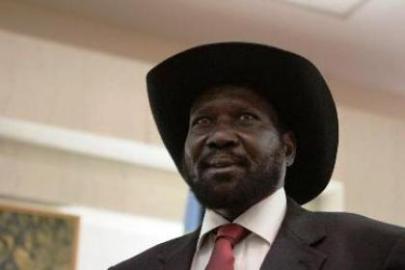Campaign group calls for release of political detainees in S. Sudan
March 30, 2017 (JUBA) – South Sudanese authorities must release all people detained without charge by security agencies, including the 28 men currently held at the headquarters of the national intelligence agency in the capital Juba, Amnesty International said in an open letter to President Salva Kiir.

“Hundreds of people, mostly men, have been arrested without charge by security agents and held in torturous conditions for long periods of time, since the conflict began more than three years ago. Others have disappeared without a trace at the hands of National Security Service and Military Intelligence agents,” Amnesty International’s Secretary General, Salil Shetty said in a statement.
“While President Kiir’s pledge was welcome, we call on him to go a step further and order a full investigation into arbitrary detention practices of government security agencies, enforced disappearances, deaths in custody, torture and other ill-treatment,” he added.
20 men, the campaign group said, died at three separate detention centres in Juba between February 2014 and December 2016.
Meanwhile, the Director General for South Sudan Prisons Service, General Henry Kuany said that prisoners in the states have no food.
Kuany attributes the problem to the economic crisis in the country.
“The prisoners are not getting enough food, but they are getting half of what is supposed to be their feeding,” he told Eye Radio Monday.
The situation, Kuany said, is not any better in Juba, where there are more than 1,000 inmates, who struggle to get even a meal in a day.
According to the official, Juba Central Prison now uses 17 bags of flour per day to feed more than 1,000 inmates, which is insufficient.
He said over 30 contractors providing food to prisons in Juba and other states are demanding big money sums from the government.
Some of the contractors, Kuany further disclosed, have stopped working while some are still providing food only to prisoners in Juba.
“The market prices are very high, beyond what they [contractors] can afford to provide the required food items for prisoners,” he said.
(ST)
